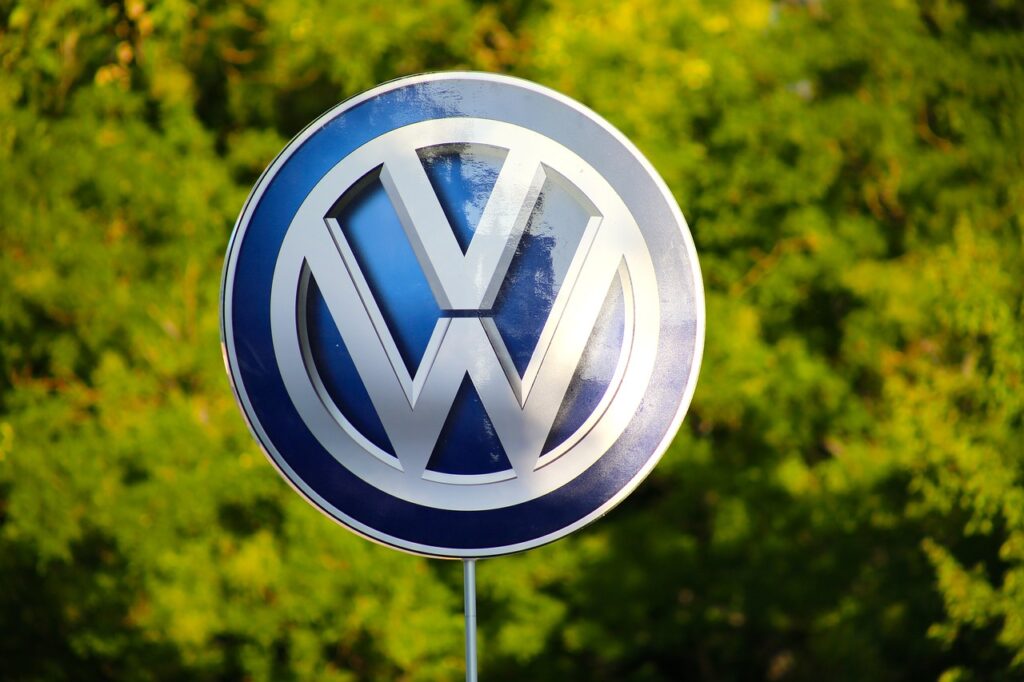Volkswagen has unveiled plans to innovate hydrogen fuel cell technology for vehicles, aiming to achieve an impressive range of 1,243 miles.
The development includes a partnership with Kraftwerk Tubes to pioneer a ceramic membrane that replaces traditional polymer membranes used by competitors like Toyota and Hyundai. This advancement would enable seamless fuel switching between gasoline and hydrogen without additional conversion kits.
Achieving a range of 1,243 miles sets a notable benchmark for hydrogen-powered vehicles, surpassing current industry standards. For instance, Toyota’s Mirai offers a range of approximately 400 miles, highlighting Volkswagen’s ambitious targets. However, achieving such extended ranges will depend not only on technological advancements but also on infrastructure development and hydrogen availability, which are critical barriers to widespread adoption.
Volkswagen’s pursuit of a more cost-effective ceramic membrane is commendable, aiming to lower production costs compared to existing polymer-based technologies. This move aligns with broader industry efforts to make hydrogen fuel cells competitive with battery-electric vehicles (EVs) in terms of cost and performance. Nonetheless, challenges remain in scaling production and achieving economies of scale necessary to drive down costs further.
CEO Thomas Schäfer’s assertion that hydrogen could offer cost-effectiveness over EVs for passenger cars introduces an intriguing dynamic in the automotive market. While Volkswagen continues to advance its hydrogen technology, it maintains a parallel commitment to EV production. This dual strategy acknowledges the evolving preferences and technological advancements within the automotive sector, catering to diverse consumer needs and market demands.
Volkswagen’s patent submission signals a forward-looking approach to hydrogen technology development. The company’s collaboration with Kraftwerk Tubes underscores a strategic alignment towards innovative solutions. However, translating patents into scalable, commercially viable products requires sustained investment, regulatory support, and robust market acceptance.
While hydrogen is touted as a clean energy alternative, its production methods must prioritize renewable sources to realize its full environmental benefits. Volkswagen’s commitment to sustainability should include transparent lifecycle assessments that account for hydrogen’s overall environmental impact, from production to end-use.





